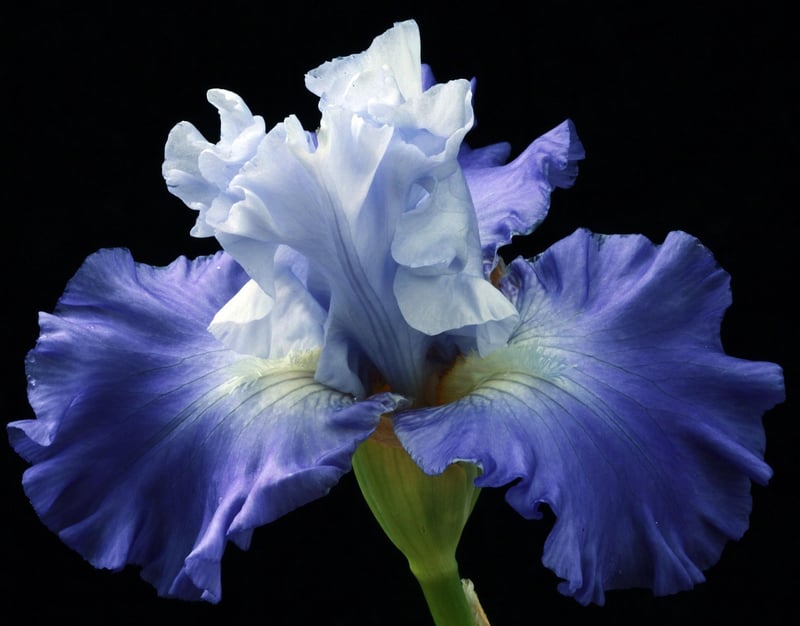Fertilizing Guide
Maintain Healthy Plants: A Comprehensive Fertilizing Guide
Healthy plants are essential for a vibrant and thriving garden. One key aspect of plant care is providing them with the right nutrients through fertilization. In this guide, we will explore the importance of fertilizing, different types of fertilizers, and best practices to ensure your plants stay healthy and strong.
Why Fertilize?
Plants need essential nutrients like nitrogen, phosphorus, and potassium to grow and thrive. While soil naturally contains some of these nutrients, they can become depleted over time, especially in container gardens or heavily cultivated areas. Fertilizing helps replenish these nutrients, promoting healthy growth, vibrant blooms, and high yields.
Types of Fertilizers
1. Organic Fertilizers
Organic fertilizers are derived from natural sources such as compost, manure, or bone meal. They release nutrients slowly, improving soil structure and promoting beneficial microbial activity.
2. Inorganic Fertilizers
Inorganic fertilizers are synthetically manufactured and provide a quick nutrient boost to plants. They are available in various formulations tailored to specific plant needs.
Best Practices for Fertilizing
- Read the instructions: Always follow the manufacturer's guidelines for application rates and frequency.
- Timing is key: Fertilize plants during their active growing season for optimal nutrient uptake.
- Avoid over-fertilizing: Too much fertilizer can burn plant roots and harm your plants.
- Water after fertilizing: Ensure nutrients reach the root zone by watering your plants after application.
- Consider slow-release fertilizers: These provide a steady nutrient supply over time, reducing the risk of nutrient leaching.
Conclusion
By understanding the importance of fertilizing, choosing the right type of fertilizer, and following best practices, you can help your plants reach their full potential. Remember to observe your plants for any signs of nutrient deficiencies and adjust your fertilization routine accordingly. With proper care and nutrition, your plants will reward you with lush foliage, colorful blooms, and bountiful harvests.

For more gardening tips and tricks, visit Gardeners.com.
